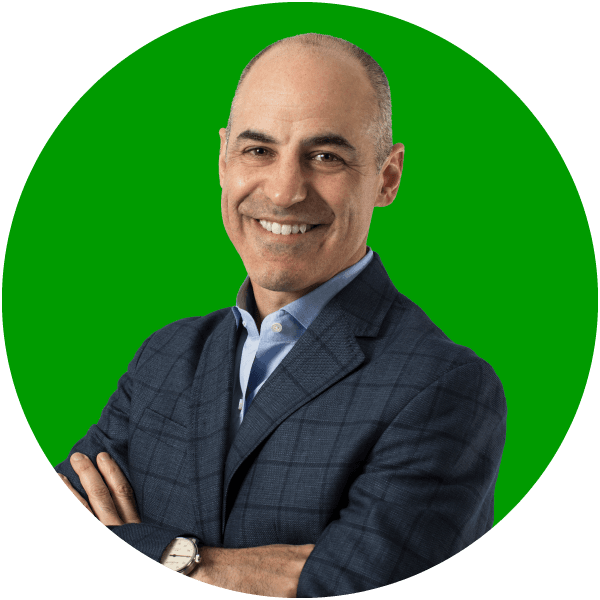Zenni Optical’s 20/20 Vision for Exceptional Customer Service
Featuring Brian Kershon
Director, Global Customer Service at Zenni Optical
On this episode of Radically Personal, we hear from Brian Kershon as he discusses the work he and his team are doing that has landed Zenni Optical a place on Newsweek’s top customer service companies five years in a row.
As an online-only business, Zenni Optical faces unique challenges compared to those of traditional brick-and-mortar stores. But that hasn’t stopped them from receiving consecutive customer service accolades from Newsweek. Listen in as we discuss the company's overall CX strategy and their dedication to ensuring everyone at the company — including Zenni’s CEO — understands the importance of both the customer experience and the customer service hero experience.

"Our customers are at the center of everything that we do. All the decisions that we make, the customer is at the forefront of it all."
Brian Kershon
Director, Global Customer Service, Zenni Optical

About the host
With a proven track record of building companies that don’t settle for the status quo, Gladly CEO and co-founder Joseph Ansanelli is reinventing customer service to put people back at the heart of it. Joseph is also a Partner at Greylock, focused on investing in enterprise applications.
Recommended for you

Porsche on radically personal and their legendary customer experience to match their legendary vehicles
Porsche has been an iconic brand for decades with the combination of their legendary cars and their passion for Radically Personal Customer Service.

How Ulta Transforms the Beauty Industry with a Guest-Centric Approach
Hear how Ulta Beauty weathers retail closures through the pandemic, continues to remain customer-focused during an accelerated shift to digital, and more.

Breeze Airways Merges Tech with Kindness to Transform an Industry
See how Breeze Airways came to deliver a “Seriously Nice” guest experience using SMS and social messaging—instead of calls.
